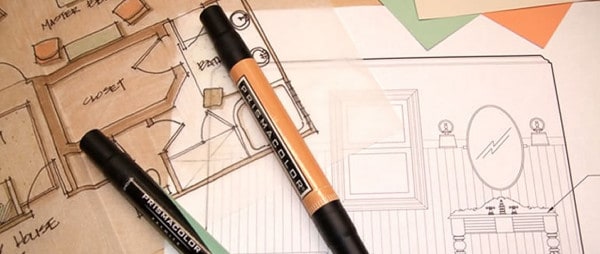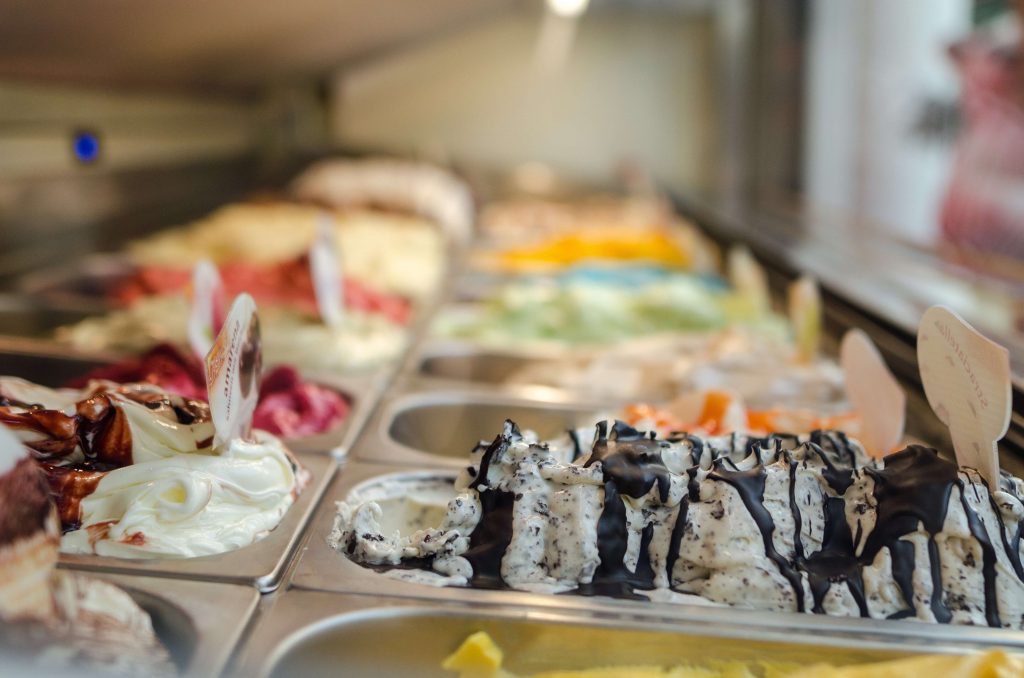Sometimes, even the greatest, most established businesses make the biggest business mistakes. Remember the flight ban on a certain cell phone because of a battery explosion? While it seems impossible to bounce back from a gigantic mistake like that, they will learn, and put measures in place to avoid letting it happen again. And that really is the important thing to do when mistakes happen: Learn from them. Here are the 7 biggest business mistakes that startups can learn from and avoid in their businesses.
7 Business Mistakes That Startups Can Learn From
We’ll start with from 7 and count our way down to 1.
7. Samsung’s “Explosive” Galaxy Note 7
The Mistake:
Samsung shocked the world with its sleek, forward-looking, then flagship phone, Galaxy Note 7. More so when news broke that users have reported their Galaxy Note 7s becoming too hot to the touch and eventually catching fire. Talk about too hot to handle!
Samsung was forced to stop production of the Note 7 and went on to launch the $17 Billion mobile phone recall – dubbed as the “worst-ever” recall.
While Samsung has assured consumers that it would “find the exact cause to restore the trust of consumers so that they can use Samsung products without any safety concerns.” However, this mistake will never be far from any future smartphone buyer’s mind moving forward.
For want of being the “latest, with the greatest and the mostest”, Samsung threw billions in profit down the drain while risking the safety of its consumers.
The Lesson:
Do not risk potential gains by launching a product that’s not ready to be put in front of the consumers, and quality assurance and testing is a MUST.
6. Wells Fargo’s Customer Sign Up Fiasco
The Mistake:
In September 2016, Wells Fargo reportedly paid $185 million in fines after federal investigators found out that its employees created millions of sham bank accounts purportedly to increase and meet sales targets.
While several employees have already alerted the management to the massive fraud, the scheme persisted until it exploded into the global news headlines and eventually, congressional inquiries.
The Lesson:
It’s never a good idea to turn a blind eye to bad practices. Each report is worth taking a look into especially if it’s going to protect your customers, your investment, and your business.
5. Gawker Vs. Hulk Hogan
The Mistake:
In 2016, online media giant, Gawker Media had to fork over $140 Million big ones after a judge ruled against them and was denied its filed appeal for publishing a sex tape on their website without permission.
Gawker Media had willingly dug itself its own grave when it decided to take on the billionaire-backed lawsuit knowing full well that they did not have enough ammo to defend themselves.
Gawker Media has since declared bankruptcy and shut down its website following the lawsuit.
The Lesson:
Don’t start a fight that you can’t win. Know your limits in your business and what you can and can NOT do.
4. Yahoo’s Deal or No Deal
The Mistake:
At its peak, Yahoo, once touted as one of Silicon Valley’s brightest star, was worth over $100 billion.
In 2008, Yahoo snubbed Microsoft’s $45 billion offer saying that the offer was too low.
Yahoo shares took a nosedive 3 years after and devalued to $18 billion, less than half of Microsoft’s 2008 offer. Its value has since lowered further after it confirmed 2 massive data breaches between which, an estimated 500 million accounts had been compromised.
Since July of last year, tech giant Verizon has been in talks with Yahoo for a possible acquisition. The offer? A humiliating $4.83 billion.
The Lesson:
Holding out may be a good thing, but have the plans for scaling upwards first. It cannot just be business as usual if you’re looking for a higher valuation.
3. Coca-Cola’s Holiday Card Blunder
The Mistake:
Last year, in a holiday message to a known Russian social media network, Coca-Cola published a greeting card with a map of Russia that did not include the disputed territory Crimea, causing widespread criticism from its consumers.
In a rush to “make amends”, Coca-cola decided to upload a revision which now showed the disputed territory. While it probably appeased the Russian side, it now brought on the ire of Ukraine, with whom Russia has the territorial dispute with. What a mess!
The Lesson:
Marketing skirts the lines of being politically correct all the time. You can’t please everyone. In this case, Coca-Cola set themselves up in a lose-lose situation. Just apologize genuinely, and move forward, don’t backtrack in a lose-lose scenario.
2. EpiPen Price Hike
The Mistake:
Raising the price of their emergency allergy agent EpiPen by 500% over 7 years.
EpiPen’s price had soared from about $103.50 in 2009 to more than $608.61 in 2016. This raised so much concern that Mylan, the EpiPen’s manufacturers were summoned for a congressional investigation on their price hikes.
The damage done here may never fade from Mylan’s reputation, and may lead to further government regulations on pricing pharmaceuticals.
The Lesson:
This is a perfect example of supply/demand pricing gone wrong. All it showed was greed, greed, and more greed. Even Mylan however, will bounce back from this, being that they are the makers of 13 of the top pharmaceutical drugs. However, in retaliation of this greed, sprouted all kinds of small startups dedicated to producing affordable allergy saving medication.
1. Miracle Mattress’s Tragic Mattress Sale
The Mistake:
“What better way to remember 9/11 than with a Twin Towers sale?” came the ad from Miracle Mattress of San Antonio, Texas late last year.
The ad featured a parody of the attack complete with collapsing twin mattress towers. Being of very poor taste, it was understandably met with nationwide outrage.
Following the flood of negative comments on the company’s Facebook page, the ad was quickly taken down.
Miracle Mattress owner Mike Bonnano apologizes on social media saying “…We simply say we are sorry for putting our community at the forefront of a national disgrace.” But the damage had been done.
The Lesson:
Another example of marketing gone wrong, but really…this is just the worst taste and lack of common sense we’ve ever seen. It’s never a good idea to try to turn a tragedy into profit, especially when it involves the worst attack on American soil.
The Bottom Line:
Common sense, good taste, quality control, and a dedication to your customer will go a long way. While we can’t say there won’t be more huge business mistakes in 2017, we hope there won’t be too many similar blunders to those that you see here in this post.
Did we miss a business blunder in 2016? Let us know in the comments below!



